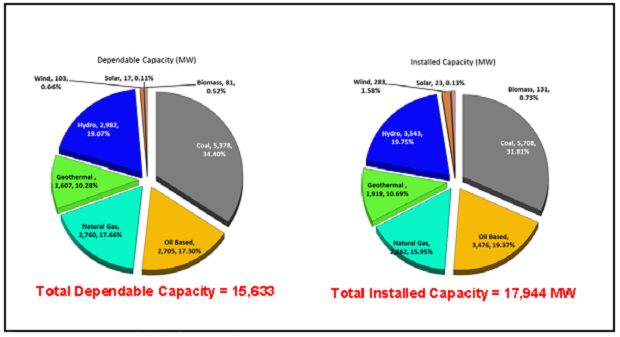Bayan hits Aquino’s participation in Carbon Pricing Panel
Militant group Bagong Alyansang Makabayan (Bayan) on Wednesday questioned President Benigno Aquino III’s participation in the Carbon Pricing Panel amid the country’s use of coal power plants.
READ: Aquino, leaders issue call for carbon pricing
“Contrary to his statements abroad, President Aquino has promoted the extensive use of coal in the Philippine power industry,” Bayan secretary general Renato M. Reyes, Jr. said in a statement. “The move of the Philippine government calling for carbon pricing is plain rhetoric and smacks of utter hypocrisy.”
The Carbon Pricing Panel was convened by World Bank President Jim Yong Kim and International Monetary Fund Managing Director Christine Lagarde to convince nations and companies to put a price on carbon in time for climate negotiations in Paris later this year.
Other panel members are Organisation for Economic Co-operation and Development Secretary General Angel Gurria, German Chancellor Angela Merkel, Chilean President Michelle Bachelet, French President François Hollande, Ethiopian Prime Minister Hailemariam Desalegn, Mexican President Enrique Peña Nieto, California Governor Jerry Brown of California, and Rio de Janeiro Mayor Eduardo Paes.
Article continues after this advertisementAquino, in the joint statement, said climate change “is real” and “threatens food and water security.”
Article continues after this advertisement“In our part of the world, whole South East Asian coastal communities are at a particular risk. They need to be relocated, given the threats of storm surges, rising sea levels, and even landslides,” he said. “In this vein, developing a price on carbon sets in motion the shift towards cleaner investments for our peoples.”
A carbon market or carbon trading refers to the trading of countries by buying or selling greenhouse gas emissions to meet national limits under the Kyoto Protocol or other agreements. It aims to limit carbon emissions and eventually reduce the global rise in temperature caused by climate change.
More coal than renewable
Citing environmental group Kalikasan, Reyes said that there are 14 coal-fired power plants operating in the country.
“Coal consumption increased from 4.2 million metric tons in 1996 to 16.1 million metric tons in 2012. At 39%, coal comprises the largest portion of the power generation mix in the Philippines, larger than natural gas at 27%, geothermal at 14% and hydro at 14%,” he added.
According to the Department on Energy, 34.4 percent of the country’s 15,633 megawatts of dependable capacity is from coal. Coal also has the biggest share of installed capacity, responsible for 31.81 percent out of 17,944 megawatts.
Reyes explained that the Board of Investments has been giving “generous tax and fiscal incentives to various coal-fired plants.”
“We are more than ever dependent on coal for our power needs. It is estimated that nearly 70% of the new capacity that would be installed in the next four years will be from coal-fired plants. In a time when other governments are moving away from coal, here is the Aquino regime embracing coal and all its ill effects on the environment and people’s health,” he said. RAM

